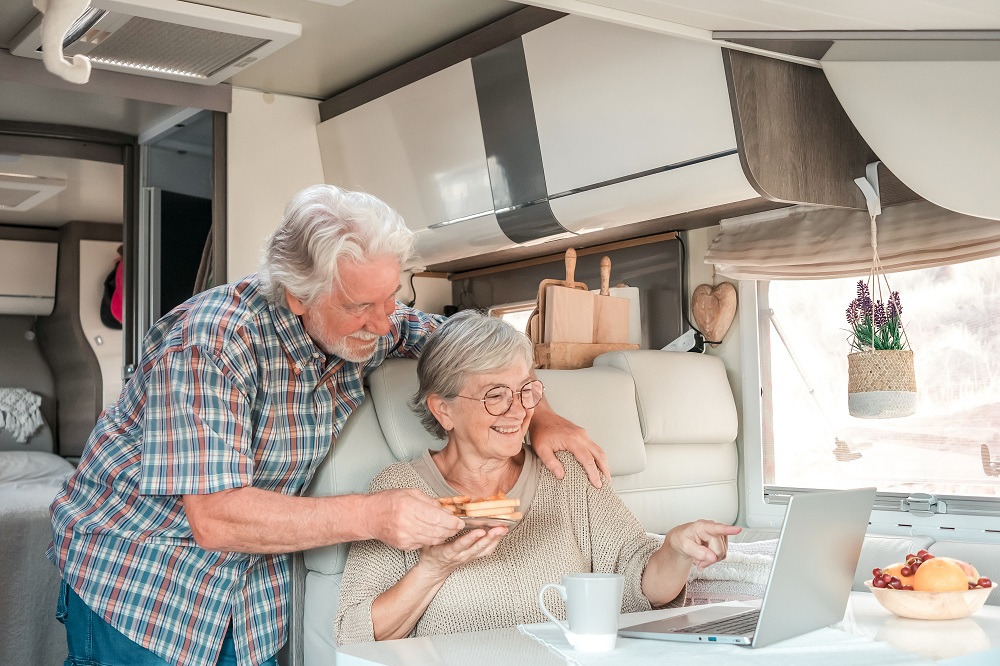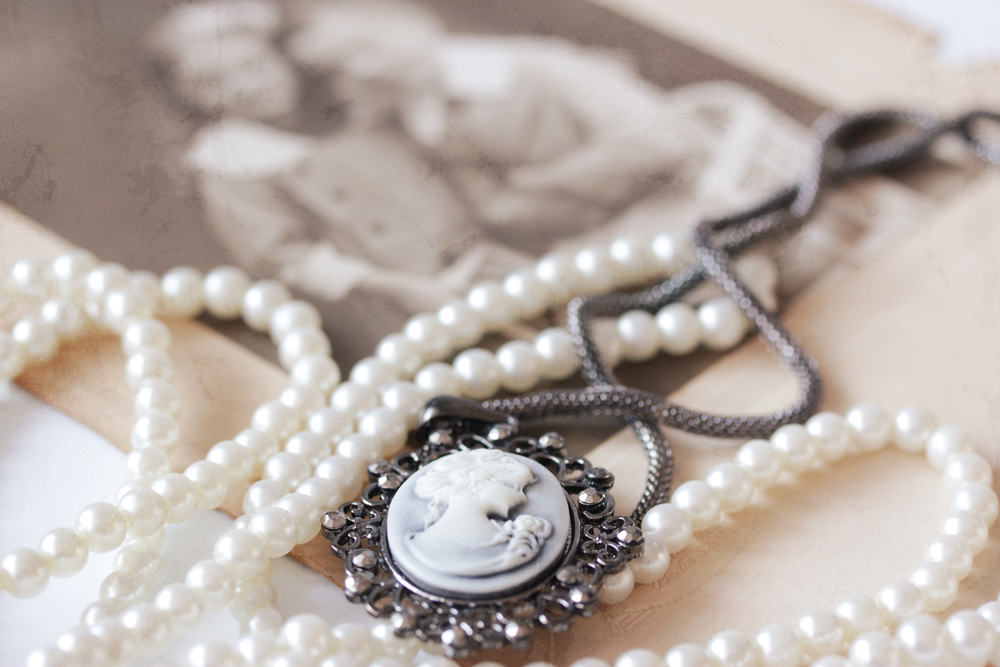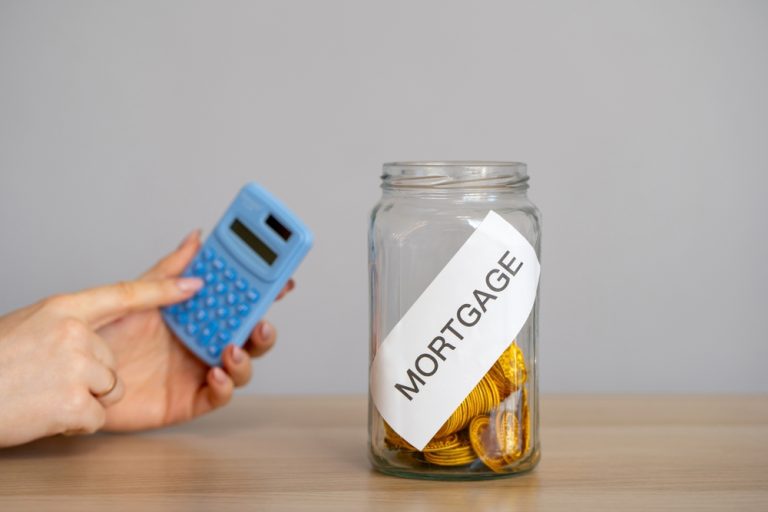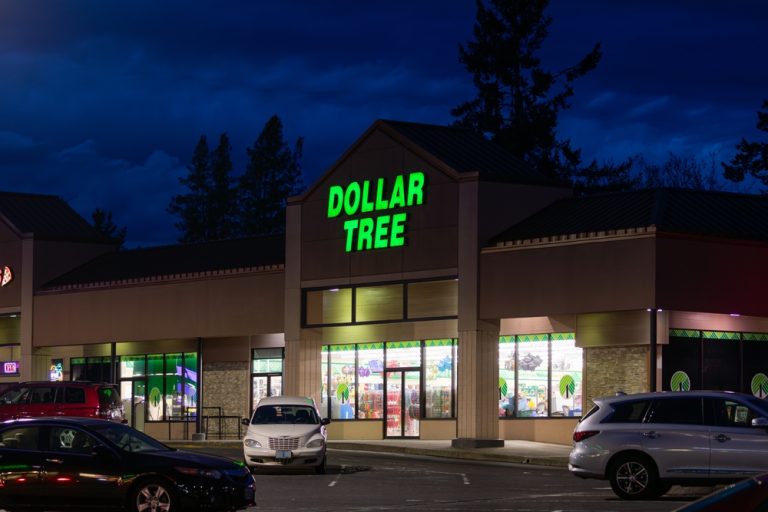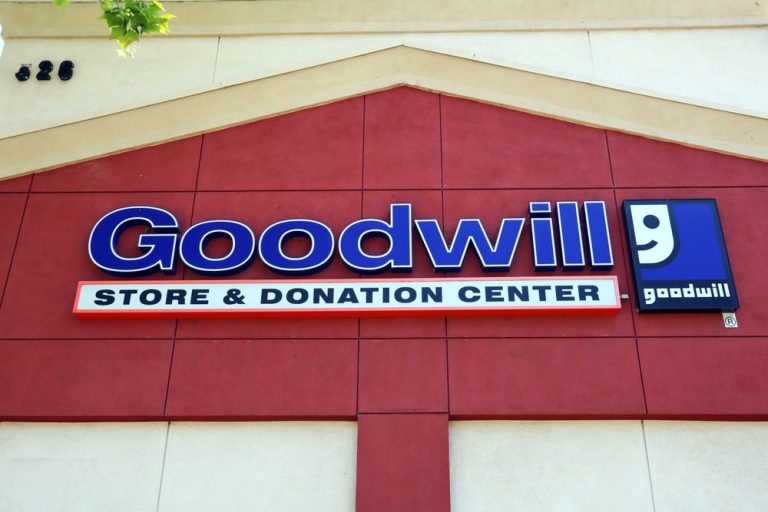Are you overspending at Costco?
If you are a fan of bulk shopping, you are most likely shopping at Costco. And you are not alone. A 2023 Bank of America survey found that 27% of Americans prefer buying in bulk, a testament to the allure of stocking up and saving money. The warehouse club model, perfected by Costco, taps directly into this consumer desire for value and efficiency.
Indeed, Costco is the best choice when you have this style of shopping because there you can find anything you want and plenty of deals. Also, this retailer is always introducing new items. The store has cultivated a “treasure hunt” atmosphere, where a mundane trip for paper towels can lead to the discovery of a discounted high-end electronic device, a designer jacket, or a gourmet food item you’ve never seen before. This constant rotation of products creates a sense of urgency and excitement, encouraging shoppers to grab things before they’re gone.
This is the dream of any shopper. But if you are not paying attention or don’t have a strategy, these regular Costco purchases might become a money drain. Has this ever happened to you? To enter the store for milk and eggs and leave with a cart overflowing with $300 worth of merchandise you hadn’t planned on buying? This is a common occurrence for many folks, and you need to know when you should stop. The entire store layout, from the placement of high-value items at the entrance to the tantalizing free samples scattered throughout, is masterfully designed to maximize your spending.
Can you tell when too much is too much? Recognizing the signs is the first step toward regaining control of your budget and making Costco work for you, not against you.

1. Owning more than one membership
Ok, so this membership is designed to help you bulk buy and is great for those who have a large family and a lot of storage space at home. Some argue that owning multiple memberships is a great strategy that will help you get more deals, but is this really true? Yes, you get more deals, but this is a method that can easily backfire. People might justify a second membership (perhaps one Gold Star and one Executive, or one for personal use and another for a small business) by thinking the extra rewards or access to different deals will offset the cost. However, this often doubles the psychological pressure to “make the membership pay for itself.”
When you have a Costco membership, the best strategy is to buy things that you are going to use. But when you have access to more incredible deals, this might make you want to buy even more stuff, and this is how you might end up overspending at Costco. The perceived need to justify two annual fees can lead to redundant purchases. You might forget you already have a 48-pack of granola bars at home purchased with your personal card and buy another with your business card, simply because it was on sale. This is a fast track to expired food and wasted money.
Furthermore, it’s crucial to evaluate if even a single membership is financially sound for your situation. A household of one or two people might find that the savings on bulk items don’t actually outweigh the annual fee, especially if a significant portion of their perishable purchases end up as food waste. The key is an honest assessment of your consumption habits. If you’re not consistently saving more than the $60 or $120 annual fee, the membership itself is a net loss.
These impulse-based purchases do nothing but negate the purpose and benefits of bulk buying. Try to stay away from this type of temptation and stick to a single membership. Plan your shopping in a way that maximizes your savings while also minimizing waste. Before renewing, or especially before adding a second membership, do a simple cost-benefit analysis of your past year’s purchases. Follow these steps, and you are good to go.
2. Running out of storage space
If you’ve ever asked yourself, “Am I overspending at Costco?” one good way to find out is to see if you are running out of storage space. If this is the case, then it is pretty clear what is happening. Your home is not a warehouse, and when your living space starts to resemble one, it’s a major red flag. This isn’t just about a full pantry; it’s about finding creative, and often inconvenient, places to stash your bulk buys.
Do you have overflowing pantries and also an overflowing garage full of unopened boxes of toilet paper and instant mac and cheese? Are there cases of sparkling water under your bed or a year’s supply of coffee pods in your linen closet? We know that most of the bulk deals sound amazing, and you want to take advantage of them, but when you have no more space left to store your groceries, this is a sign of a disconnect between buying and using. Every square foot of your home dedicated to storing surplus items is space that can’t be used for living.
What makes Costco so attractive to so many people is its promise of savings through quantity. But all of this shatters once you have unused items collecting dust on shelves. Sometimes the sheer volume of purchases can be overwhelming, even for the most calculated and organized shopper. This physical clutter can also lead to mental clutter, causing stress and anxiety about the disorganization and the money tied up in all that “stuff.” You might even re-buy items you already own simply because you can’t find them amidst the chaos.
If you follow this pattern of running out of space, this is a clear sign that you are overspending at Costco. And the worst part is that you are not saving any money. Buying food that will only spoil before you use it is one of the fastest ways to lose money. The same goes for non-perishables; that giant bottle of specialty sauce might seem like a deal until it expires, or your family gets tired of it after the first few uses. This creates a cycle of waste that directly contradicts the goal of saving money.
Try not to transform your home into a storage facility, and shop mindfully. Before heading to the store, take a quick inventory of your pantry, freezer, and garage. Take pictures with your phone if you have to. Knowing exactly what you have and how much space is available will be your best defense against buying another 30-pack of paper towels when you already have two at home.
3. Trying to rationalize unnecessary purchases
Oh no, that nagging voice you have inside your head every time you go to make groceries is saying, “But it’s a steal!”. We know that voice really well, and all we can say about it is that it’s a huge red flag. Yes, you’ve heard this right: thinking that you should buy something just because it is on sale and the thought that you may use that item one day is a warning sign you are overspending at Costco. This is the siren song of the “false economy”—a purchase that feels like you’re saving money but actually results in a net loss because it’s unnecessary.
Other common rationalizations are just as dangerous. “I can use this for a party… eventually.” “This would make a great gift for someone.” “It’s good to have a backup of this expensive electronic.” While plausible on the surface, these justifications often serve to give us permission to indulge in an impulse buy. Unless you have a specific event or recipient in mind, that party-sized tray of appetizers or high-end gadget will likely sit in your freezer or closet, its value diminishing over time.
This store is a trap for those who tend to buy unnecessary stuff because here you can find deals on anything from everyday essentials to luxury goods. But keeping things in the freezer or pantry for months in a row isn’t something that truly counts as savings, and you know that full well. The true measure of a good deal isn’t the percentage off the sticker price; it’s the value you get from actually using the item. A $20 shirt you wear once is more expensive than a $50 shirt you wear a hundred times.
Telling yourself that you made a good decision to buy something you know you will never use means you are rationalizing unnecessary purchases, and this is not helping at all. Being stuck in this pattern of thinking will make you spend more. It’s critical to be honest with yourself. Before putting that “great deal” in your cart, ask a simple question: “If this item were full price, would I still be buying it today?” If the answer is no, you’re likely being swayed by the discount, not the item’s actual utility in your life.
This rationalization is just a coping mechanism you use to make yourself not feel guilty about your eating habits, and in the end, you are the one who gets affected by it. It clouds your financial judgment and turns a savings-oriented shopping trip into a budget-breaking splurge. Recognizing this internal monologue for what it is—a justification for impulsive behavior—is the first step toward silencing it.
4. A lot of frequent, unplanned trips
Oh, what did you say? Where are you going today? Nowhere? And then how did you end up at Costo again? The “quick trip” to Costco is a myth for most people. You might pop in for a rotisserie chicken or a bottle of milk, but the store is designed to ensure you walk past hundreds of other tempting items on your way to the back where the essentials are kept.
If, whatever you do, you feel like your week is incomplete without a trip to Costco, that might be because you are overspending at Costco. Those bulk quantities are designated for long-term use, and if you find yourself at Costco every week, it is clear that you are buying more than you need. A monthly or even bi-monthly trip should be sufficient for most households to replenish their bulk supplies. Weekly visits suggest you are either not planning effectively or you are treating the store as a destination for routine grocery shopping, which is a recipe for overspending.
Maybe it is the fact that you enjoy the shopping experience itself that makes you go shopping so often, or maybe it is the thrill of finding those incredible deals. For many, a trip to Costco is a form of entertainment—browsing the aisles, trying the free samples, enjoying a cheap hot dog at the food court. One thing is true, and that is that you need to be aware that shopping can easily turn into an addiction that slowly but surely drains your money. When you use shopping as a pastime, you are far more likely to make unplanned, emotionally-driven purchases.
Once the habit of finding the best deals engrains in your routine, this will become something natural for you, and it will be hard for you to not go shopping when you see all of those deals “waiting for you.” This creates a powerful sense of FOMO (Fear of Missing Out). You start to believe that if you don’t go this week, you might miss the one deal that would have been perfect for you. Retailers count on this feeling to drive repeat traffic.
If you are overspending at Costco, we believe that before your next shopping adventure, you can make a list with all the essentials you need. Try not to buy anything that isn’t on the list. Be ruthlessly specific. Instead of “snacks,” write “box of protein bars.” Instead of “drinks,” write “24-pack of bottled water.” After a while, you will slowly start to reprogram yourself and develop healthy shopping habits. Consider setting a strict Costco schedule and putting it on your calendar, treating it like any other appointment. This transforms it from a spontaneous, dangerous outing into a planned, strategic mission.

5. You feel guilty after shopping
When you are out there shopping, you feel euphoric and all, but as soon as you get home, you feel like all of that fades into a sense of guilt. That thrill when you find an amazing deal can be intoxicating, and because of this, you might be dealing with a shopping problem. This cycle is often referred to as the “shopper’s high” followed by “buyer’s remorse.” In the moment, the purchase feels great—it’s a victory, a smart move. But once the adrenaline wears off and you’re faced with the credit card bill and a mountain of merchandise, a wave of regret, anxiety, or guilt washes over you.
But if you feel that buyer’s remorse after every shopping session, you might be overspending at Costco. Our emotions are often powerful indicators of our spending habits. This feeling of guilt is your conscience telling you that your actions are out of alignment with your goals—in this case, your financial goals. It’s a sign that, deep down, you know you’ve spent too much on things you don’t truly need. Ignoring this feeling repeatedly can lead to chronic financial stress.
This guilt isn’t just an abstract feeling; it’s a direct response to the tangible consequences of overspending. You might feel guilty about the impact on your family’s budget, stressed about the clutter accumulating in your home, or regretful about the food that you know might go to waste. It’s a holistic sense of unease that signals a problem in your shopping habits. It’s important to acknowledge this emotion rather than dismiss it.
Next time you go to Costco, ask yourself if you really need that item, and if your gut is telling you no, listen to it and stop. Try to prioritize mindful shopping in your life, and you will see that saving money will become easier. We know that this is a thought process, but transforming it into a habit is key. A practical tip is to do a “cart audit” before you head to the checkout line. Take a moment in a quiet corner of the store to review everything in your cart. For each item not on your original list, ask yourself again: “Do I truly need this? Will I use it all before it expires? Is it worth the price?” Being deliberate in this final moment can save you from hours of guilt later.
Learn how to make your groceries in the most efficient way possible! This is the best way to avoid overspending at Costco and we are sure this book can tell you all the secrets you need to hear: The Joy of Costco: A Treasure Hunt from A to Z
You should also read: Free Money? Here Are 7 Sure Ways to Get Them





